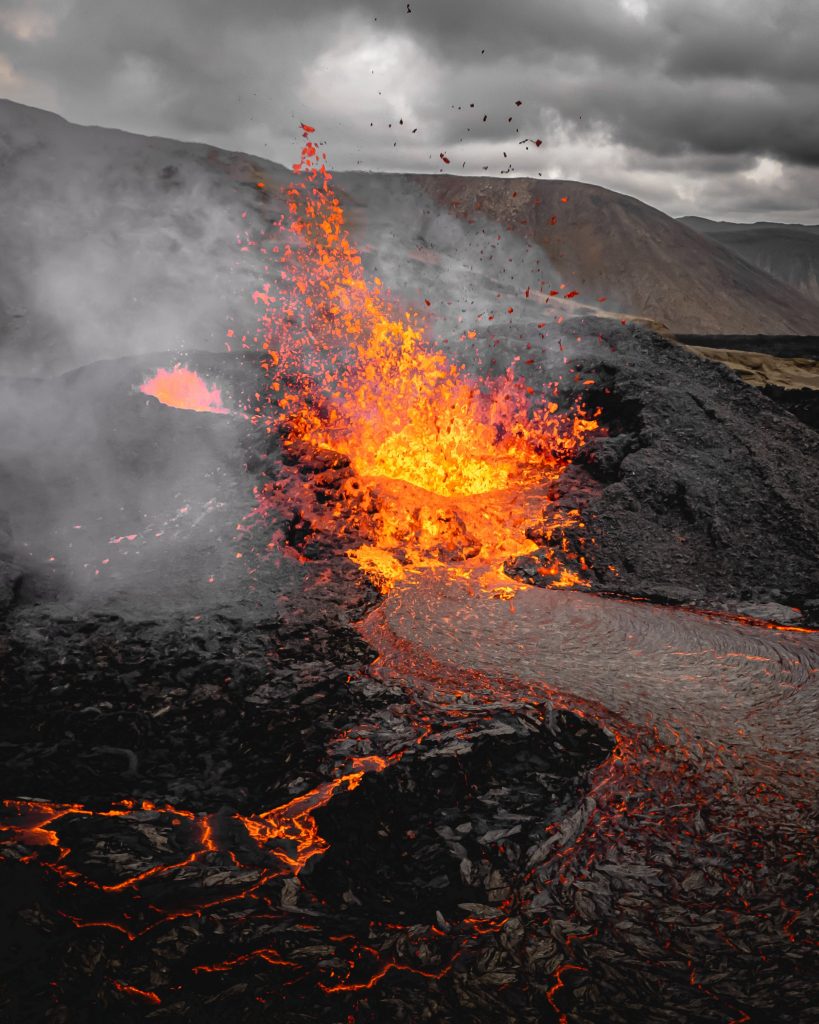In 2021 MAI had already qualified as one of the ten selected teams for the German CanSat project.
This year, we – Emilie, Nina, Lili and Neele – are excited to have been chosen to develop and build a miniature satellite the size of a beverage can, which is going to perform an innovative secondary mission in addition to the basic primary mission (measuring air pressure and temperature).

Our aim for the CanSat is to land upright using a leg construction and then be able to take a soil sample on its own. We want to analyse the latter for sulphur using chemical measuring methods. Based on the findings, we will be able to draw conclusions about the probability of volcanic activity in the respective test location. This methodology can then be applied to locations with existing volcanoes, such as Jupiter’s moon Io, to be able to prepare for potential eruptions at an early stage.
We will keep you up to date on our progress in this blog.
(author: Neele)

